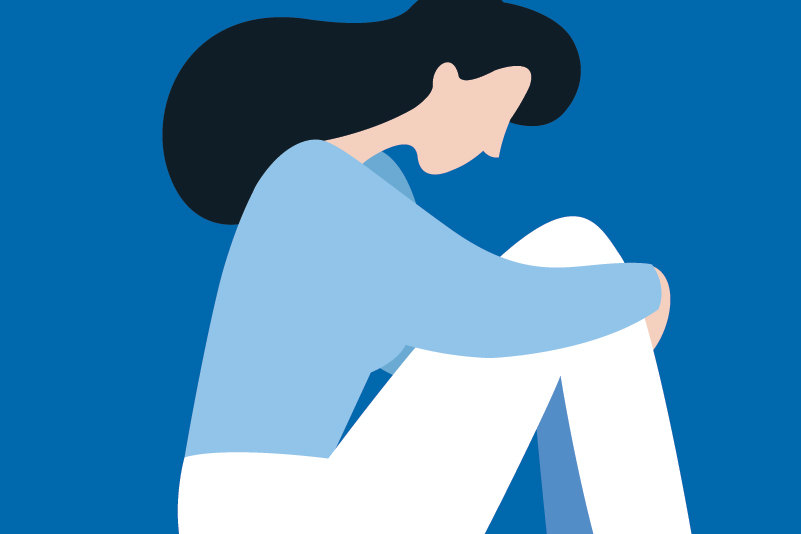#207 St. John’s Wort for Depression: Flower Power?

Reading Tools for Practice Article can earn you MainPro+ Credits
Join NowAlready a CFPCLearn Member? Log in
- Focusing on seven systematic reviews of randomized controlled trials (RCTs) from the last 10 years, which examined predominantly female patients with moderate depression.1-7
- Compared to placebo:1
- Response rate (defined usually as ≥50% decrease in symptoms), 18 RCTs, 2,922 patients, median follow-up 6 weeks:
- 56% versus 35% placebo (difference statistically significant), Number Needed to Treat (NNT)=5.
- Remission rate (usually defined as minimal depression score), nine RCTs, 1,419 patients:
- No difference.
- Depression scale change:
- Three points on 30-point scale: Statistically significant and clinically detectable difference.
- Adverse effects: No difference.
- Response rate (defined usually as ≥50% decrease in symptoms), 18 RCTs, 2,922 patients, median follow-up 6 weeks:
- Compared to antidepressants (up to 27 RCTs, 3,808 patients):
- Depression scores, response and remission rates: Similar based on fair to poor quality evidence.1-3
- Adverse effects: Fewer.1-3
- Stopping due to adverse effects: 7% anti-depressants versus 4% SJW, NNT=34.2
- Other systematic reviews found similar.4-7
- Effects on suicidal thoughts and behaviours unknown.2
- Limitations:
- Low placebo response rates compared to other antidepressant trials.5
- Studies often sponsored by SJW manufacturers.1
- Short trial durations, different definitions of remission/response, blinding of assessors often not described.1-7
- Many SJW products do not contain what their label claims.8
- Specific adverse effects are poorly described and may include headache,9 photosensitization, skin reactions, and allergies.10
- SJW interacts with many common medications, including:
- Decreased efficacy of oral contraceptives, simvastatin, nifedipine, and warfarin.
- Serotonin syndrome risk if combine SJW with selective serotonin reuptake inhibitors.10
- Antidepressants do not provide much benefit over placebo in mild depression, but are much more effective than placebo in severe depression.11
- There is no reliable evidence for use of SJW in postpartum depression.






